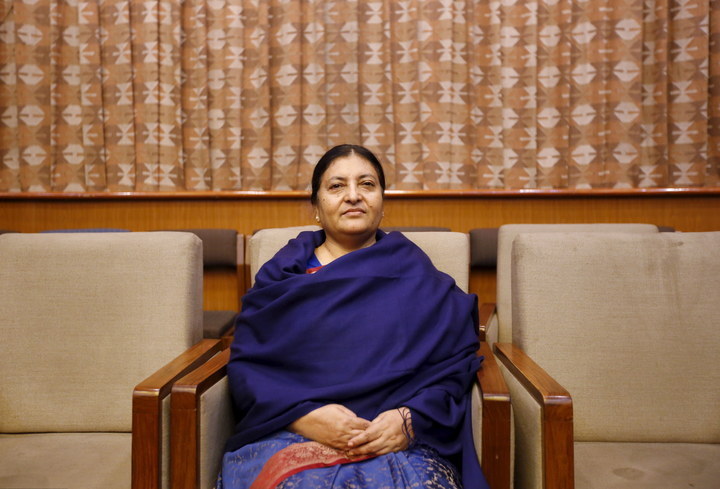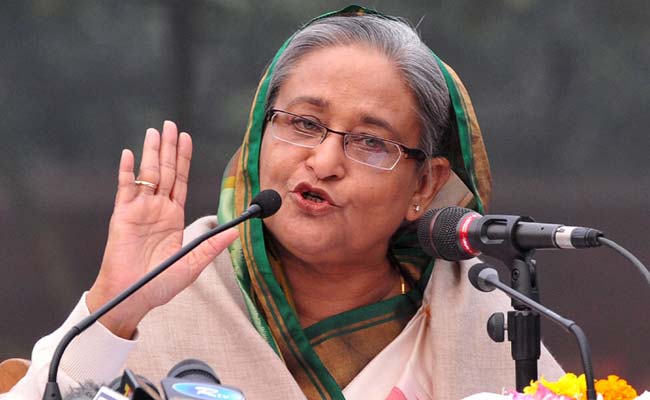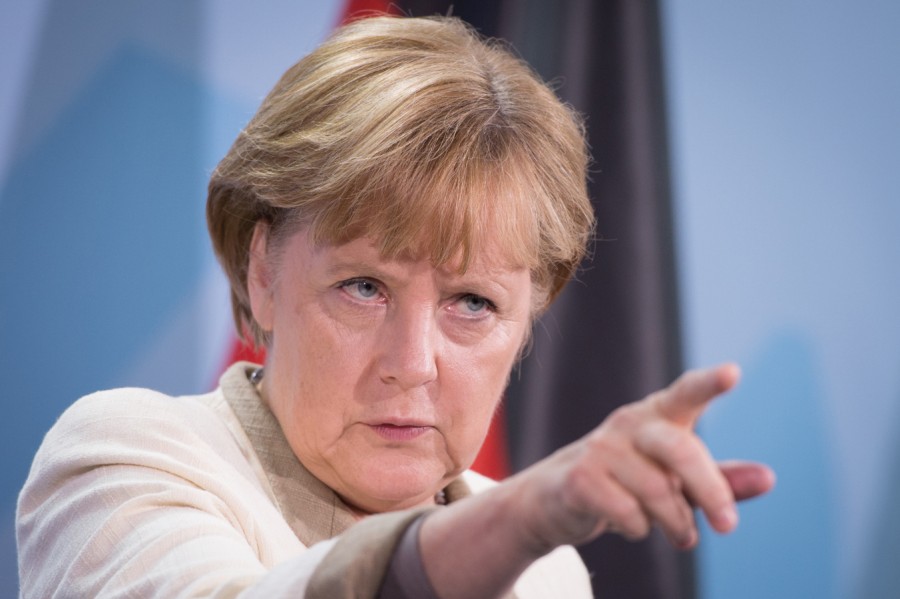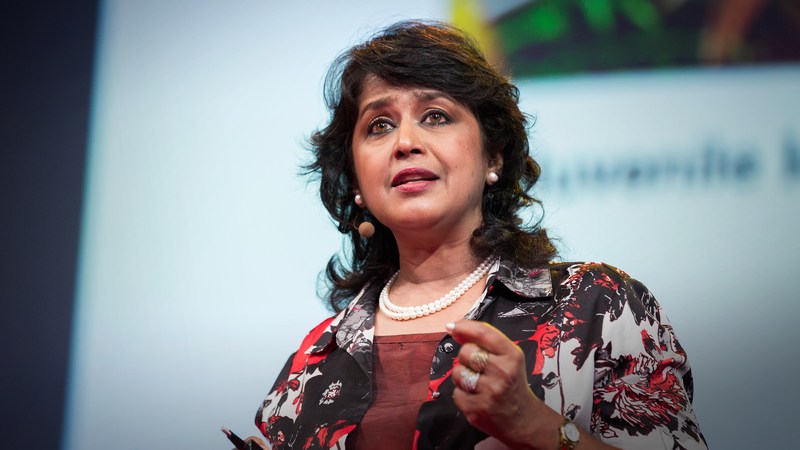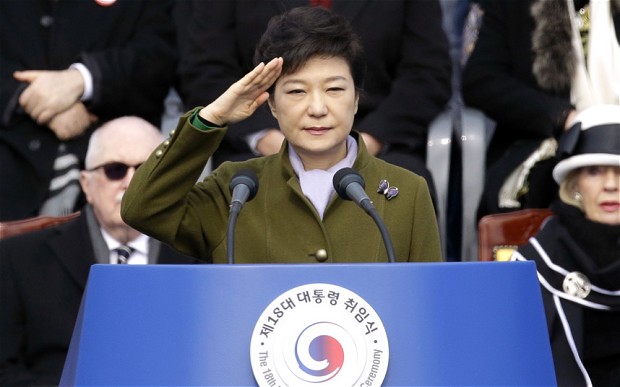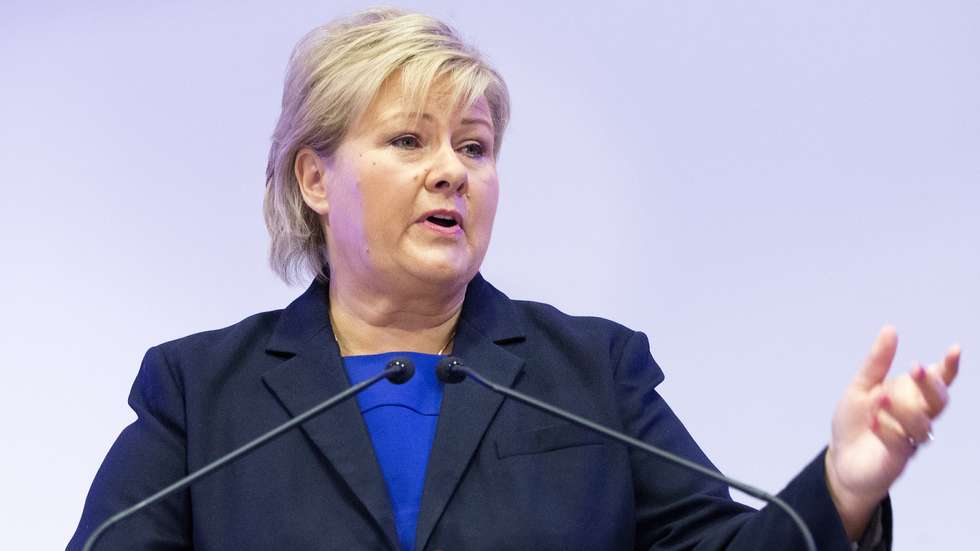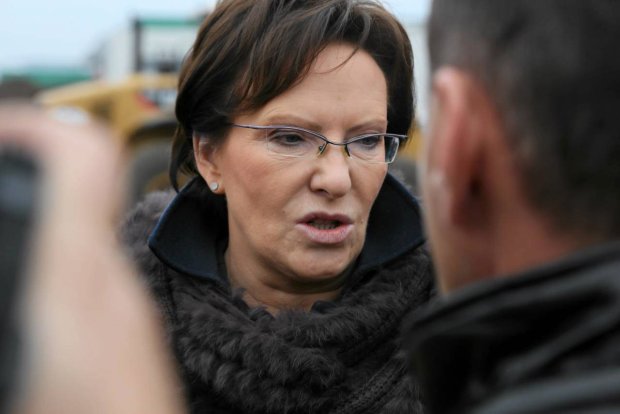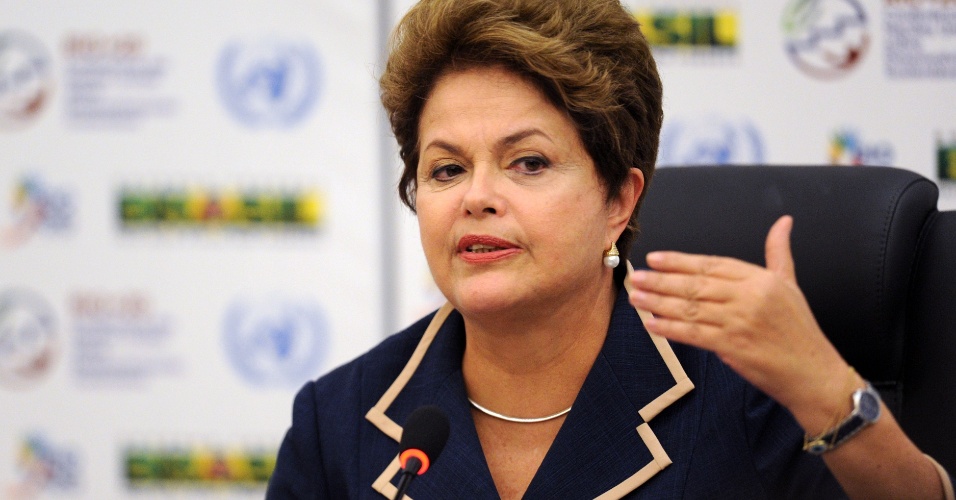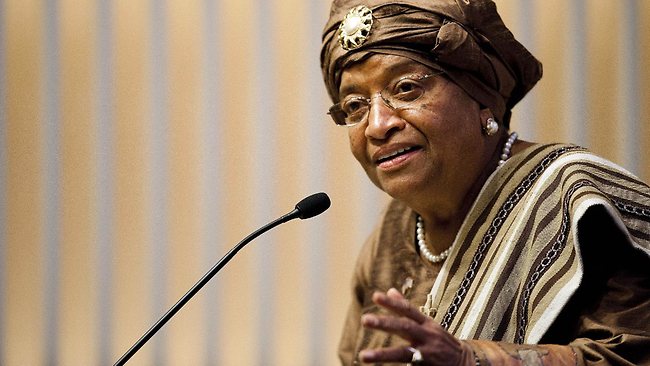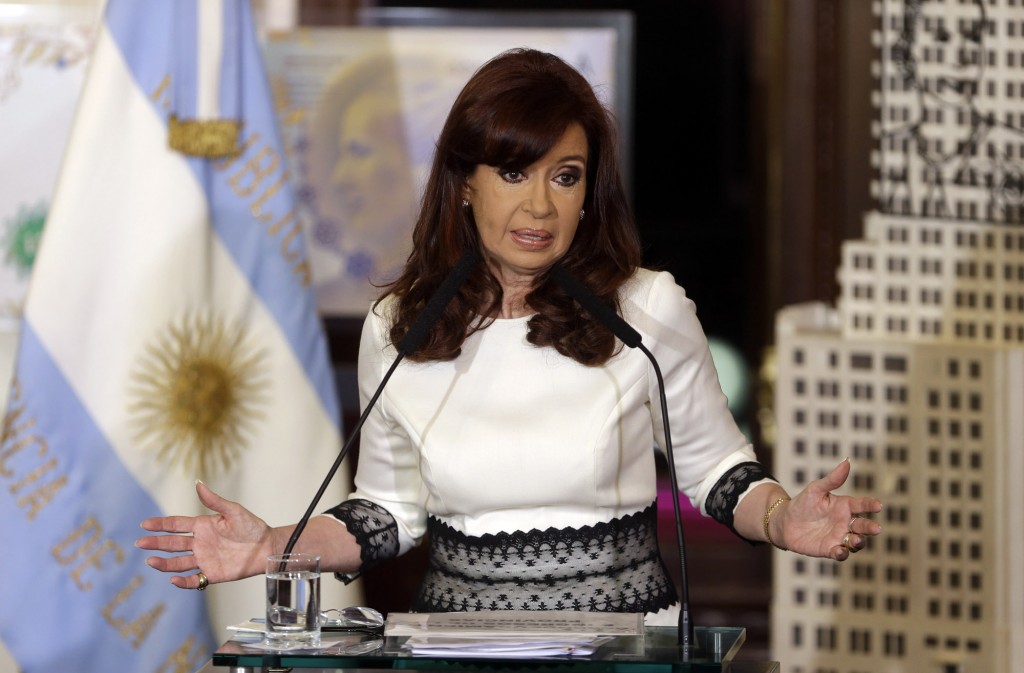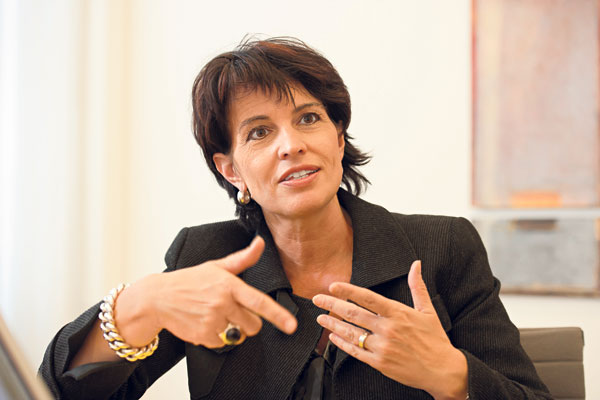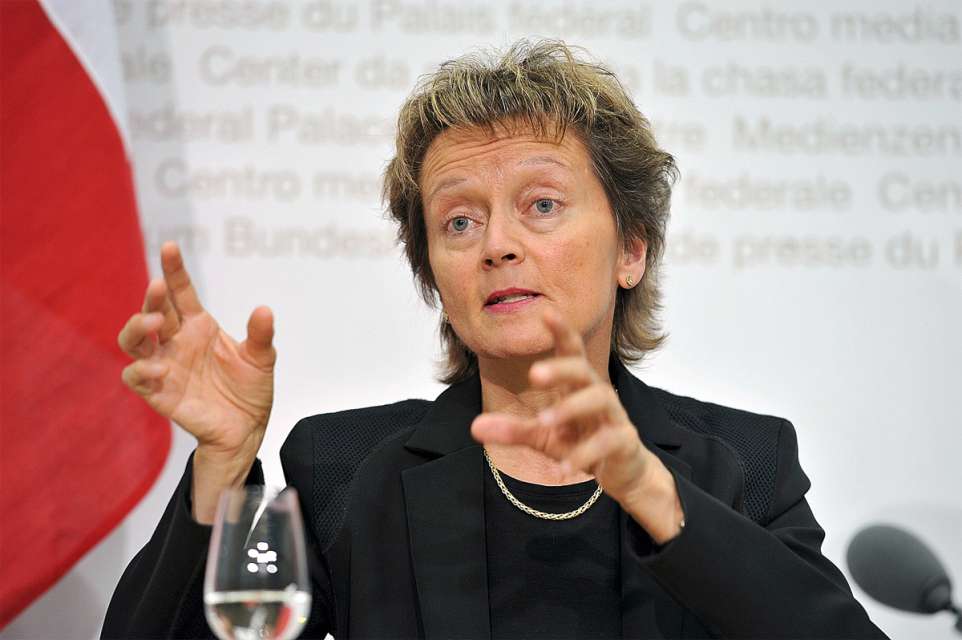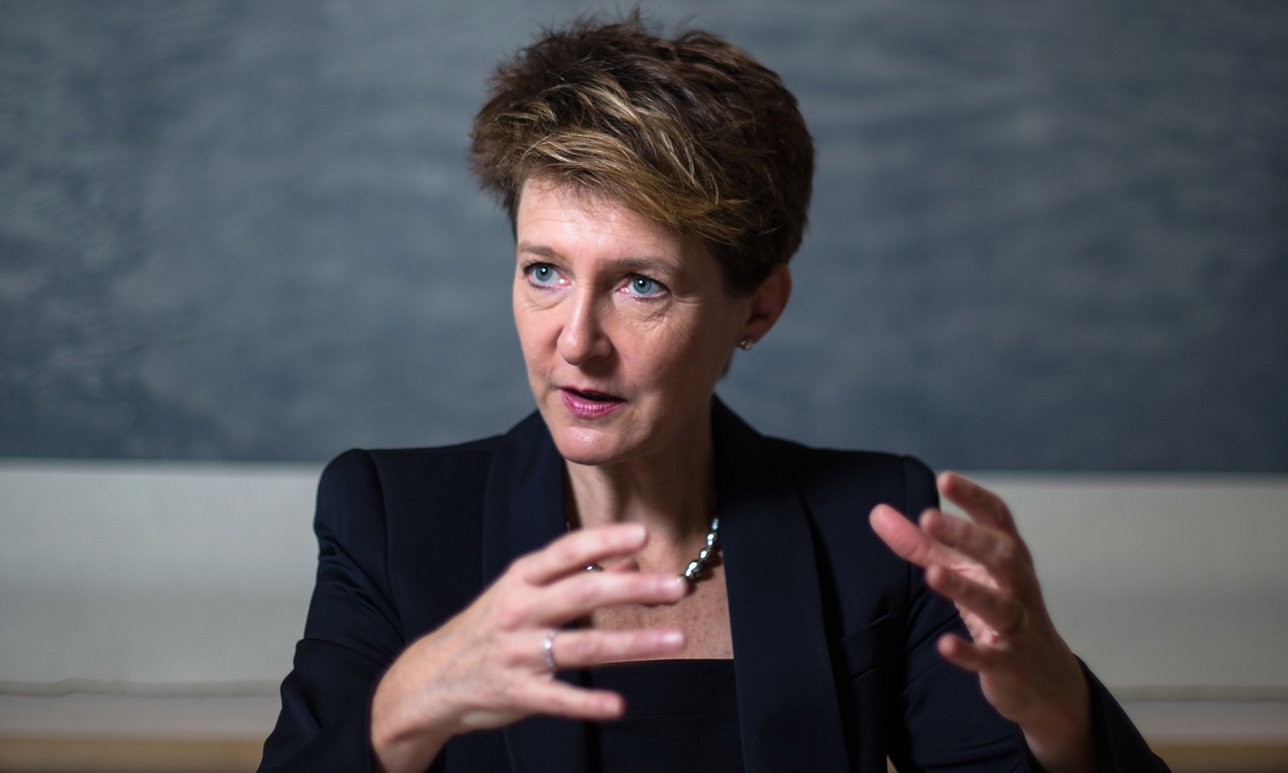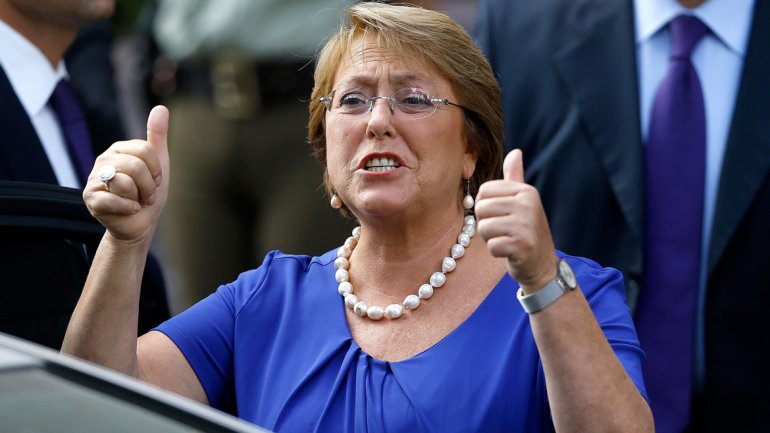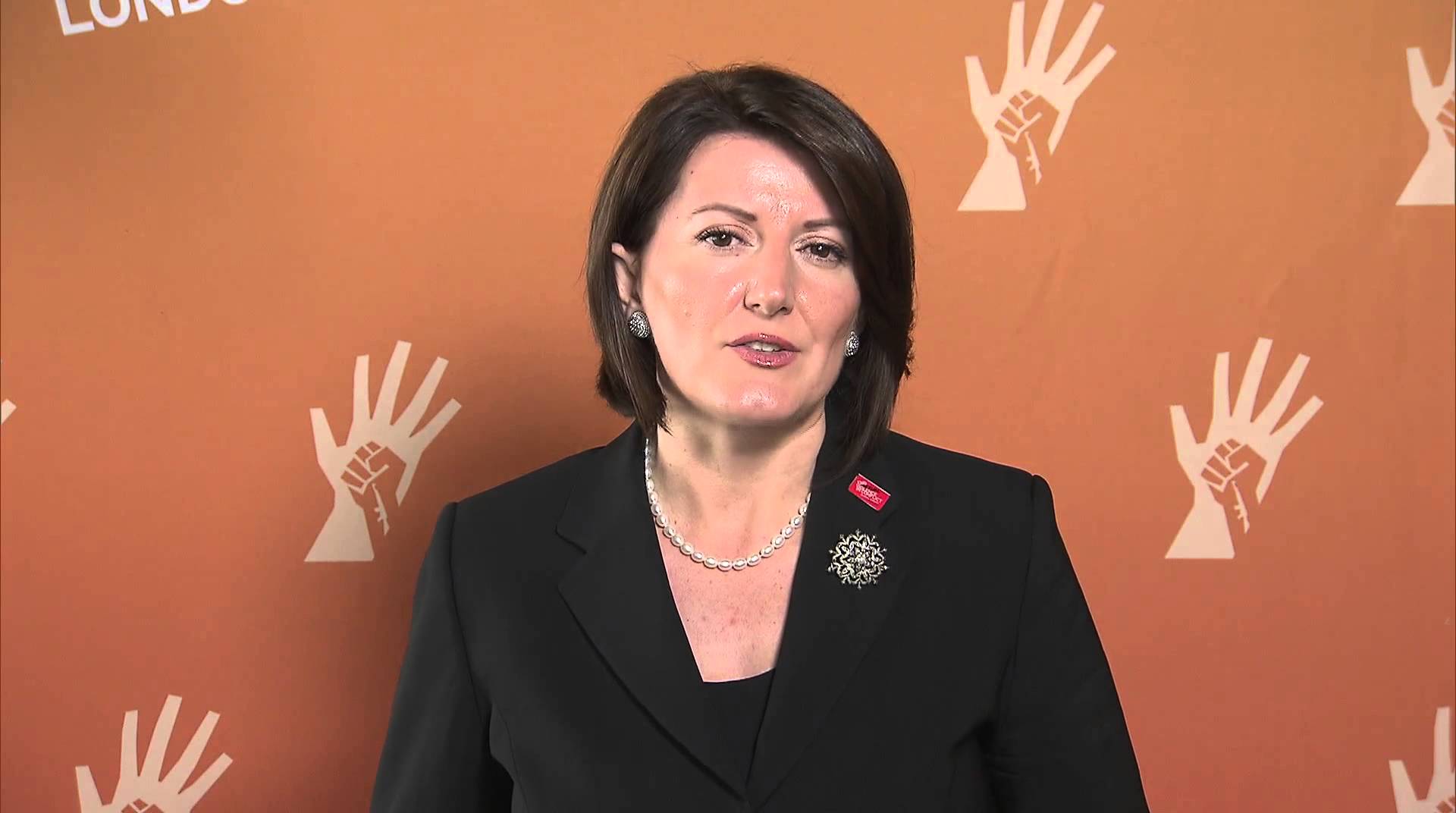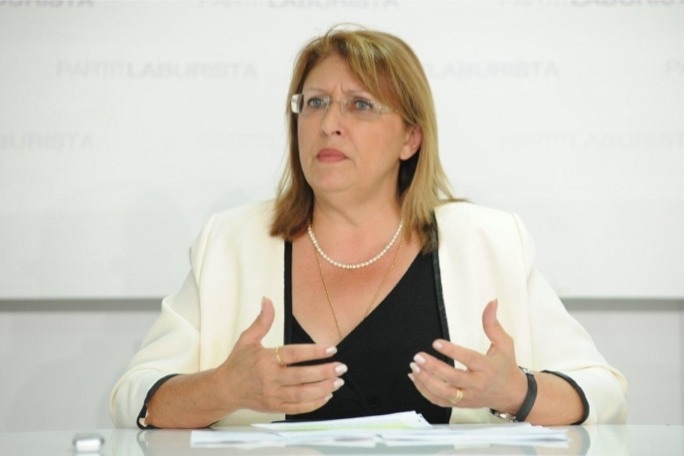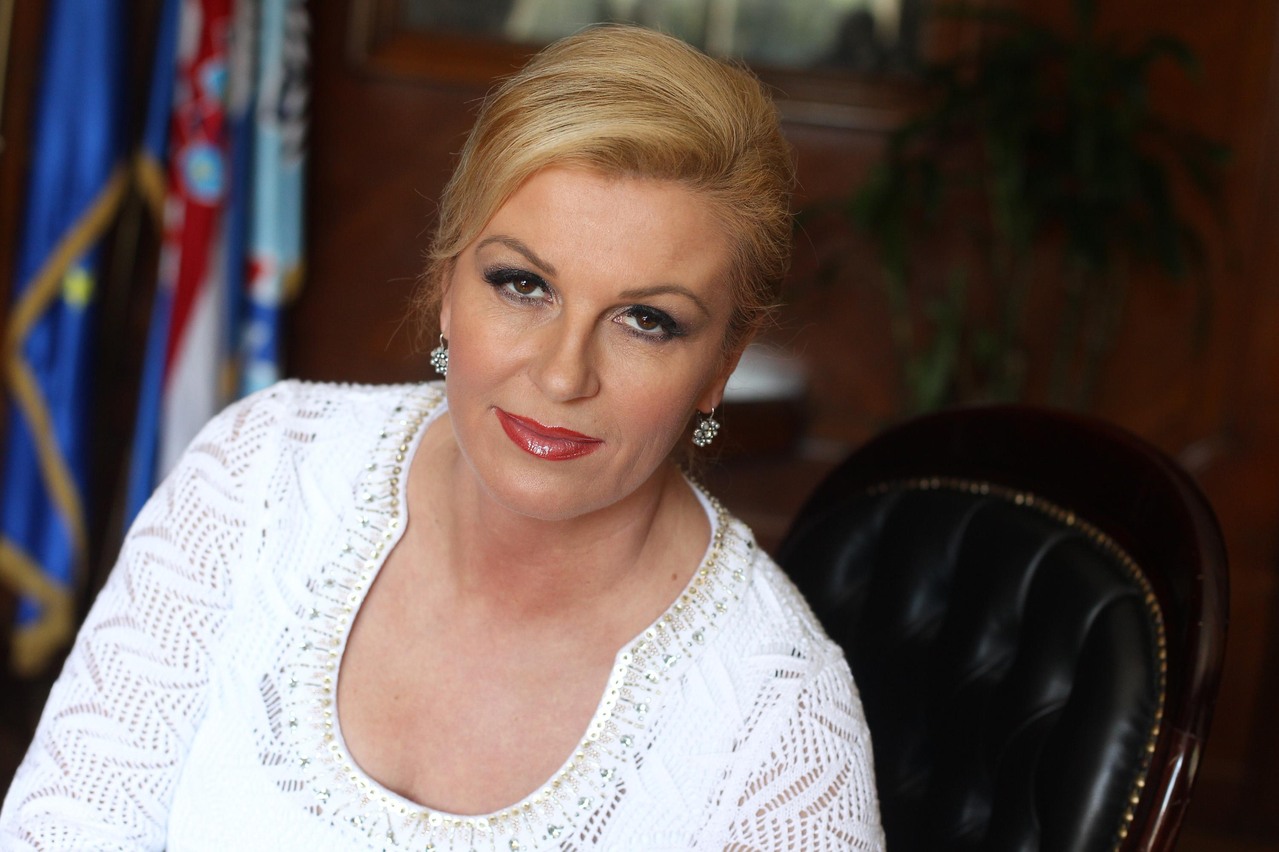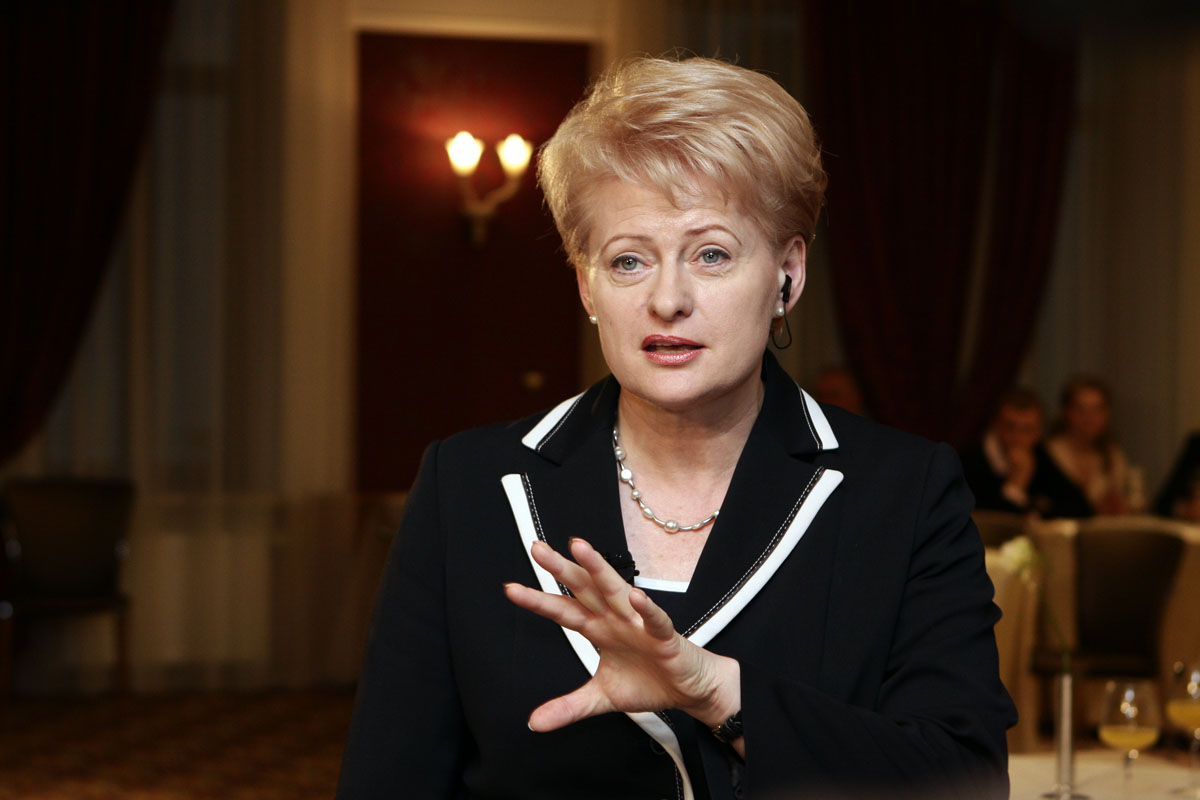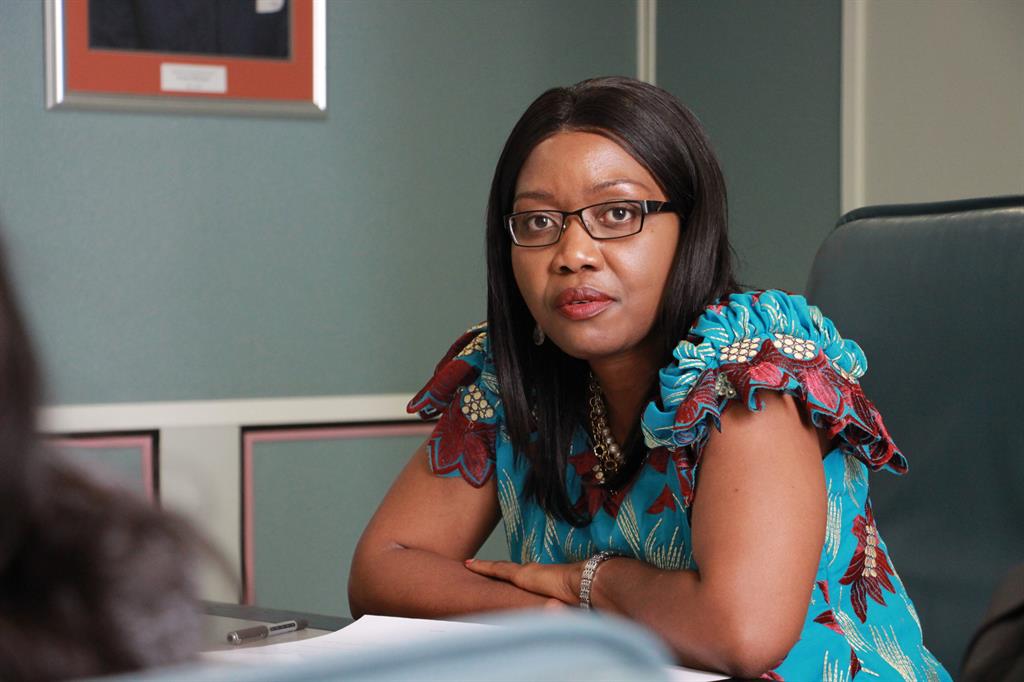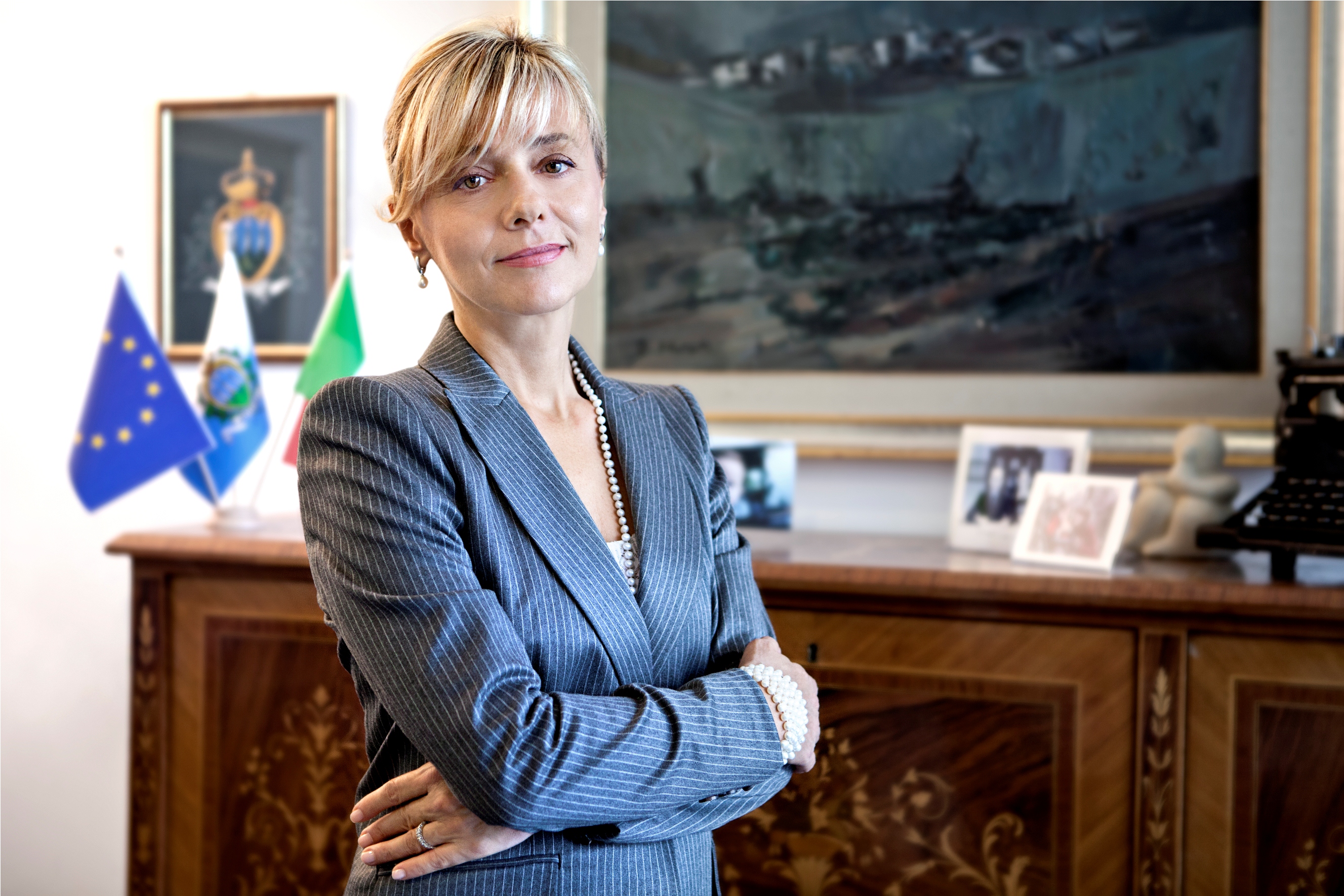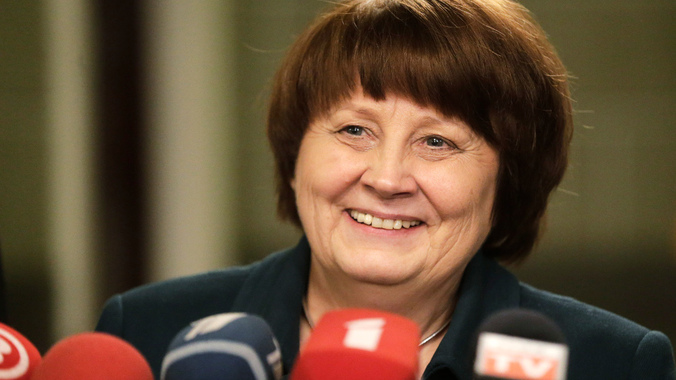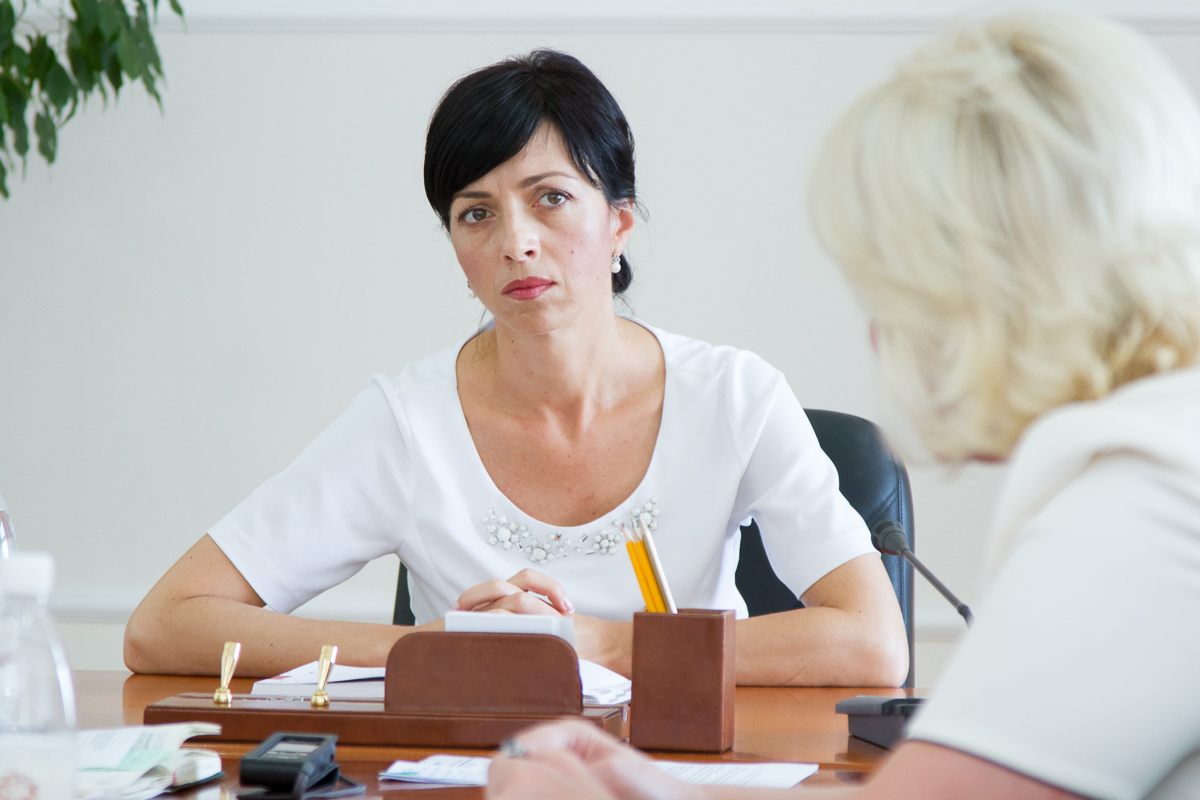A Look At All The Female World Leaders Currently In Power
PS: Nepal just elected its first female President.
On Wednesday, 28 October, Nepal made history by electing a woman - Bidhya Devi Bhandari - as its Head of State for the first time. A Communist campaigner whose fight for democracy brought about the end of a 240-year Hindu monarchy in Nepal, Bidhya Devi Bhandari has been named as the nation's first female President.
Nepal has been trying to shift from a male-dominated society, where women are mostly limited to working at homes or on farms, to one in which women have equal opportunities and legal rights. As a close ally and party colleague of the Prime Minister, Khadga Prasad Oli, Ms Bhandari had been considered the favourite for the largely ceremonial job.
Ms Bhandari said her election marked a first step toward assuring the new constitutional “guarantees of equality” are fulfilled. Last week, Onsari Gharti Magar was elected as the parliament’s first female Speaker. Ms Bhandari took up politics in her teens, later marrying a fellow Communist, Madan Bhandari. Ms Bhandari has been a leading political figure since 1993 when her husband was killed in a car accident.
In light of the news, we decided to take a look at other countries where a woman heads the government or is the Head of State
1. Sheikh Hasina, Prime Minister of Bangladesh
She is the current Prime Minister of Bangladesh, in office since January 2009. Often referred to as Bangladesh's no-nonsense PM, Sheikh Hasina previously served as Prime Minister from 1996 to 2001 and led the Bangladesh Awami League since 1981.
In 2015, Forbes ranked her as #59 in their World's 100 Most Powerful Women list.
2. Angela Merkel, Chancellor of Germany
Ranked #1 in Forbes' World's 100 Most Powerful Women list for 2015, the German Chancellor, a former research scientist, is the longest-serving elected EU head of state.
She has used her power against ISIS, breaking the post-Nazi-era taboo of direct involvement in military actions by sending arms to Kurdish fighters. Described as the de facto leader of the European Union, Merkel is currently the Senior G7 leader.
3. Ameenah Gurib, President of Mauritius
Dr. Ameenah Gurib-Fakim is a biodiversity scientist. She was sworn in as the sixth President and the first woman President of Mauritius, a small island nation off the coast of Madagascar.
She is the Head of State and Commander in Chief of the Republic of Mauritius, one of the richest, and least corrupt, countries in Africa. Gurib-Fakim has also been the recipient of various international awards including the L'Oréal-UNESCO Award for Women in Science
4. Park Geun-hye, President of South Korea
As South Korea's first female President, Ms Park leads a country that is ranked below the likes of Suriname and the United Arab Emirates in gender equality.
Ranked #11 in Forbes' World's 100 Most Powerful Women list for 2015, Park Guen-hye serves as the leader of Asia's fourth-largest economy and has called on the North Korea regime in Pyongyang to "abandon its nuclear ambitions without delay" and rejoin the international community.
5. Erna Solberg, Prime Minister of Norway
Erna Solberg became Norway's second female Prime Minister in 2013. Half her cabinet posts are filled by women. Her government had promised to lower taxes, reduce the country's dependence on its oil sector, invest in infrastructure and curb immigration.
Her tough stance as a local government minister for asylum and regional development earned her the nickname "Iron Erna".
6. Ewa Kopacz, Prime Minister of Poland
Ewa Kopacz, of the centre-right Civic Platform party, was the only woman to be a speaker of Parliament before being hand-picked by Donald Tusk to take over as Prime Minister after his appointment as President of the European Council.
The former paediatrician and GP took over the reins in September 2014, becoming the second woman to hold the post of Prime Minister in the country. Before taking on the role, the daughter of a tailor and a mechanic served as Minister of Health for four years until 2011.
Ewa Kopacz is ranked #40 in Forbes' World's 100 Most Powerful Women list for 2015.
7. Dilma Rousseff, President of Brazil
Dilma Rousseff has tough credentials: She held her ground when subjected to torture during her three-year imprisonment in 1970, after she joined the left-wing underground movement against Brazil's military dictatorship.
At the start of 2015, calls for President Dilma Rousseff's resignation were chanted through the streets of Brazil, just months into her second term. She is now battling a bribery scandal that involves the national oil company Petrobras.
In the Forbes' 2015 list for World's 100 Most Powerful Women, Dilma is ranked #7.
8. Ellen Johnson Sirleaf, President of Liberia
Ellen Johnson Sirleaf is another female leader whose supporters borrow the "Iron Lady" title. The 76-year-old became Africa's first elected female head of state when Liberia's 14-year civil war ended in 2005.
In 2011, she won the Nobel Peace Prize. Forbes ranked her #96 in their 2015 list.
9. Cristina Fernández de Kirchner, President of Argentina
Cristina Fernandez de Kirchner is Argentina's first elected female President. She has attempted to address past human rights abuses and in 2010, Argentina became the first Latin American country to legalise same-sex marriage.
In Forbes' World's 100 Most Powerful Women list for 2015, Cristina is ranked #16.
10. Catherine Samba-Panza, Acting President of Central African Republic
Catherine Samba-Panza was chosen as new interim President in January 2014 to lead the country out of months of sectarian killings. Dubbed 'mother courage', the successful Christian businesswoman and corporate lawyer is regarded as politically neutral.
Mrs Samba-Panza is Africa's third female head of state, after Malawi's Joyce Banda and Liberia's Ellen Johnson-Sirleaf.
11. Doris Leuthard, member of the Swiss Federal Council, Switzerland
Doris Leuthard is a Swiss politician and lawyer. Since 1 August 2006, she has been a member of the Swiss Federal Council. She has been the head of the Federal Department of Environment, Transport, Energy and Communications since 1 November 2010.
12. Eveline Widmer-Schlumpf, member of the Swiss Federal Council, Switzerland
After serving as President of the Swiss Confederation for the year 2012, Eveline Widmer-Schlumpf has been a member of the Swiss Federal Council since 2008. A Swiss lawyer, politician, she is the head of the Federal Department of Finance.
13. Simonetta Sommaruga, member of the Swiss Federal Council, Switzerland
A Swiss politician of the Social Democratic Party of Switzerland, Simonetta Sommaruga is a member of the Swiss Federal Council, the federal government of Switzerland, and head of the Federal Department of Justice and Police.
14. Michelle Bachelet, President of Chile
A paediatrician by training, Michelle Bachelet was forced to leave office in 2010 as the Chilean constitution doesn't allow for two consecutive presidential terms. However, the Socialist Party politician was re-elected in 2013 by a wide margin, and she became the first Chilean leader since Gen Augusto Pinochet to serve two terms.
Earlier in February this year, she signed the United Nations Development Fund for Women's call to action to close the inequality gap. She is ranked #27 in the Forbes' list.
15. Atifete Jahjaga, President of Kosovo
Atifete Jahjaga was elected Kosovo's first female President by parliament, thereby becoming the first female head of state of the modern Balkans. At 39, she's also the youngest to be elected to the office.
16. Marie Louise Coleiro Preca, President of Malta
Marie Louise Coleiro Preca is the ninth President of Malta. At 55, she's the youngest President and the second woman to hold the position. She has been active in politics since the age of 16.
A member of the country's Labour Party, she became General Secretary for nine years. As Minister for the Family and Social Solidarity, she set up Malta's first sexual assault crisis centre.
17. Kolinda Grabar-Kitarović, President of Croatia
Kolinda Grabar-Kitarović is the 4th President of Croatia since 19 February 2015. She is the first woman to be elected as the President of the Republic. Upon assuming office she became the youngest President in Croatian history, aged 46.
18. Dalia Grybauskaitė, President of Lithuania
As Lithuania's first female President, Dalia enjoyed an emphatic victory in 2009 and was re-elected in 2014. She served as a senior civil servant after the country became independent in 1990 and as finance minister for three years from 2001.
Referred to as the "Iron Lady" or the "Steel Magnolia", she has a black belt in karate.
19. Portia Simpson-Miller, Prime Minister of Jamaica
She became Jamaica's first female Prime Minister in 2006, but was defeated in 2007 after 17 years of PNP rule.
However, the leader of the People's National Party once again won the December 2011 election with a comfortable margin. In her 2012 inaugural address - made in the same year the Caribbean country celebrated 50 years of independence from Britain - Mrs Simpson-Miller said it was time for Jamaica to break with the British monarchy and have its own president.
20. Saara Kuugongelwa, Prime Minister of Namibia
Saara Kuugongelwa-Amadhila is the fourth and current Prime Minister of Namibia, in office since 21 March 2015. She has been a member of the National Assembly of Namibia since 1995 and served as Minister of Finance from 2003 to 2015.
21. Lorella Stefanelli, Captain Regent of San Marino
Lorella Stefanelli is a Sammarinese politician who is Captain Regent of San Marino from October 2015 until April 2016. A lawyer by profession, Lorella worked in the Sammarinese Department of Tourism.
22. Laimdota Straujuma, Prime Minister of Latvia
The 62-year-old Laimdota Straujuma, appointed as Prime Minister, is the first woman PM of Latvia. Ms Straujuma is an economist by training.
23. Tatiana Turanskaya, Prime Minister of Transnistria
Tatiana Turanskaya replaced Pyotr Stepanov as Prime Minister after he resigned last year. She leads alongside President Yevgeny Shevchuk, who wants to improve relations with Moldova and Ukraine.
